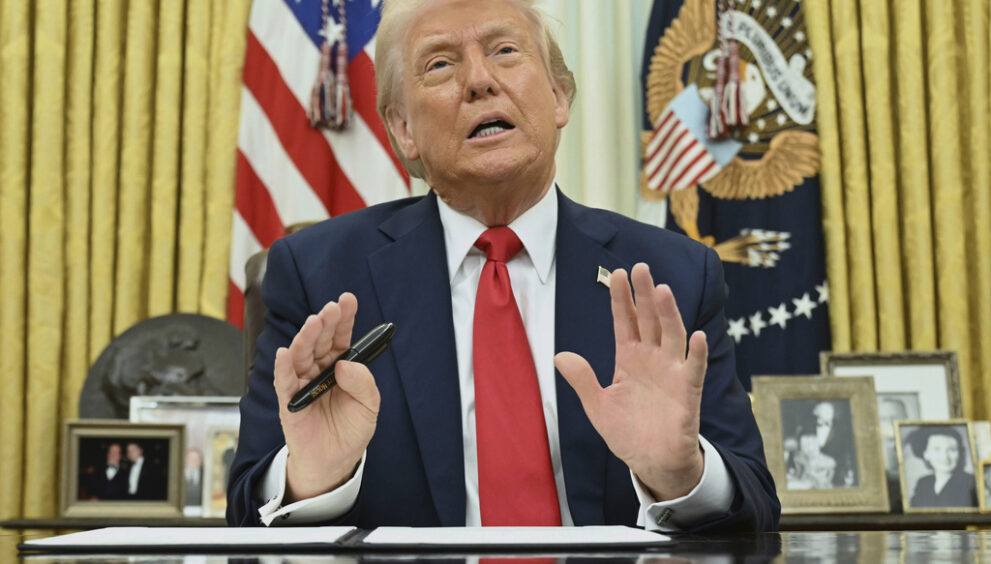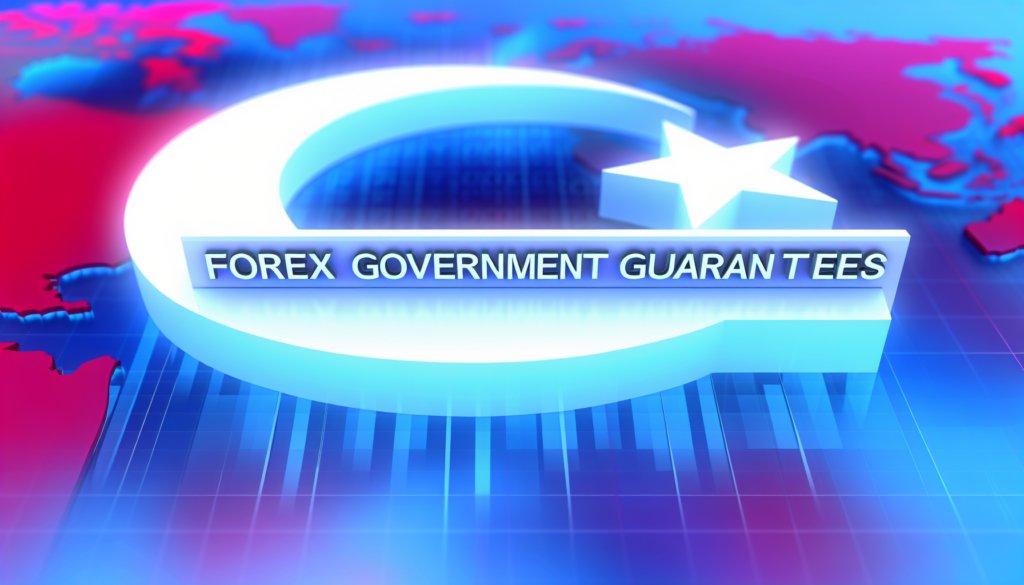Trump’s Proposal for Replacing the IRS with ERS

As the tax deadline approaches, it’s worth examining President Trump’s suggestion to establish an External Revenue Service (ERS) as a substitute for the Internal Revenue Service.
Under a Trump executive order, the secretaries of the Treasury, Commerce, and Homeland Security are tasked with exploring the feasibility of creating an ERS to collect foreign trade-related revenues. The president advocates for tariffs to enrich Americans rather than taxing citizens to benefit other countries.
Despite boasting about billions in tariff revenue from China, the reality is tariffs mainly come from Americans, not foreign nations. Trump proposes a shift from income taxes to tariffs, but tariffs typically contribute significantly less to federal revenue compared to income taxes.
While tariffs generated $77 billion in 2024, this is only a small fraction of the $6.75 trillion spent that year. Revenue from income taxes, corporate income taxes, and tariffs combined totaled nearly $3 trillion, showing the disparity in contributions.
Though imposing tariffs on all products, even at higher rates, could raise some additional revenue, it would not suffice to replace income tax revenue. Additionally, U.S. companies and individuals are the ones ultimately paying these import tariffs, contradicting Trump’s claims that foreign countries foot the bill.
Trump’s proposal to switch to an ERS raises concerns about increased taxes affecting Americans and leading to potential inefficiencies and corruption. Moreover, the plan fails to consider existing internal taxes, such as estate taxes and payroll taxes, which the IRS currently manages.
The irony lies in the fact that the revenue generated by Trump’s proposed ERS would not be external, as it would come from U.S. entities. Furthermore, the success of tariffs in shielding U.S. industries from foreign competition could reduce revenue raised through tariffs, undermining the plan’s effectiveness.


























































































































































































































































































































































































































































































































































































































































































































































































































































































































































































































































































































































































































































































































































































































































































































































































































































































































































































































































































































































































































































































































































































































































































































































































































































































































































































































































































































































